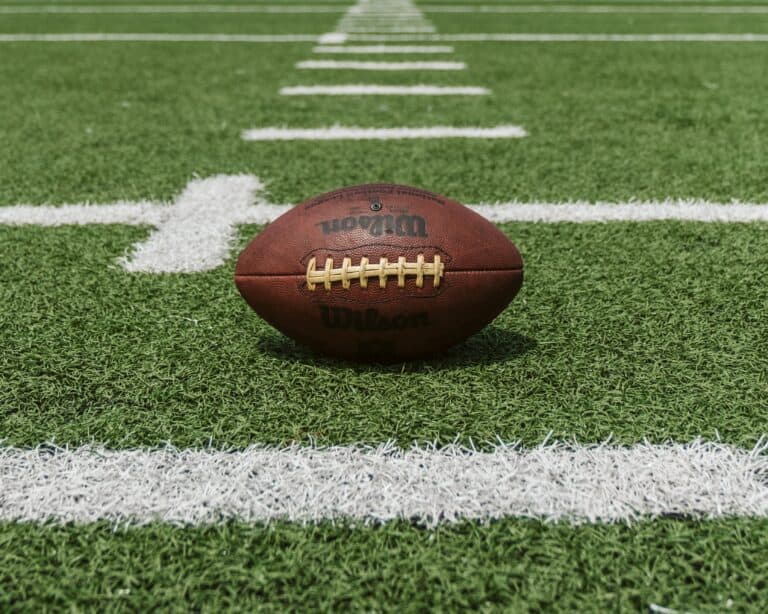
Alex Blutman is a student at Harvard Law School and a member of the Labor and Employment Lab.
The United States Women’s National Soccer Team’s long-running equal pay suit against U.S. Soccer has finally concluded. As Jason noted last week, the team reached a $24 million settlement with the federation, ending a dispute that emerged in March 2016. Although the players had previously been seeking $66.7 million in back pay, USWNT veteran Megan Rapinoe said, “This is a win for us. And this is a win for the players for the next generation, for women’s players around the world.” The federation has also committed to providing an equal rate of pay going forward for the men’s and women’s national teams in friendlies and tournaments, including the World Cup. The ultimate impact of the settlement is far from certain—while the deal represents a real moral victory for the team, its advocates, and other women still fighting pay equity issues, it lacks precedential value or any effect on pending suits.
Amid the bustle of Super Bowl LVI in the last couple weeks, the NFL tapped former U.S. Attorney General Loretta Lynch to defend it in a relatively unprecedented racial employment discrimination case filed by former Miami Dolphins head coach Brian Flores. Although bringing the case raised fears of possible retaliation and blackballing against Flores in the league, the Pittsburgh Steelers hired Flores as a senior defensive assistant/linebackers coach. The Steelers are owned by Dan Rooney, after whom the NFL’s Rooney Rule, which mandates diversity candidate pools for hiring of certain positions, is named.
The standoff between Major League Baseball and its players over a new collective bargaining agreement has held firm despite numerous attempts at negotiation over the last couple weeks. The league and the MLB Players Association remain far apart on key issues, such as revenue sharing, the arbitration system and professional service time, and the structure of the competitive balance tax. On February 18, MLB announced that spring training games won’t begin until at least March 5, a delay of a week from their original February 26 opening date. A week later, on a day on which MLB commissioner Rob Manfred met with MLBPA chief Tony Clark, the league announced another delay to spring training—this time until March 8. If a deal is not reached by the end of today, Monday, MLB indicated that it would begin canceling regular season games.








Daily News & Commentary
Start your day with our roundup of the latest labor developments. See all
February 11
Hollywood begins negotiations for a new labor agreement with writers and actors; the EEOC launches an investigation into Nike’s DEI programs and potential discrimination against white workers; and Mayor Mamdani circulates a memo regarding the city’s Economic Development Corporation.
February 10
San Francisco teachers walk out; NLRB reverses course on SpaceX; NYC nurses secure tentative agreements.
February 9
FTC argues DEI is anticompetitive collusion, Supreme Court may decide scope of exception to forced arbitration, NJ pauses ABC test rule.
February 8
The Second Circuit rejects a constitutional challenge to the NLRB, pharmacy and lab technicians join a California healthcare strike, and the EEOC defends a single better-paid worker standard in Equal Pay Act suits.
February 6
The California Supreme Court rules on an arbitration agreement, Trump administration announces new rule on civil service protections, and states modify affirmative action requirements
February 5
Minnesota schools and teachers sue to limit ICE presence near schools; labor leaders call on Newsom to protect workers from AI; UAW and Volkswagen reach a tentative agreement.